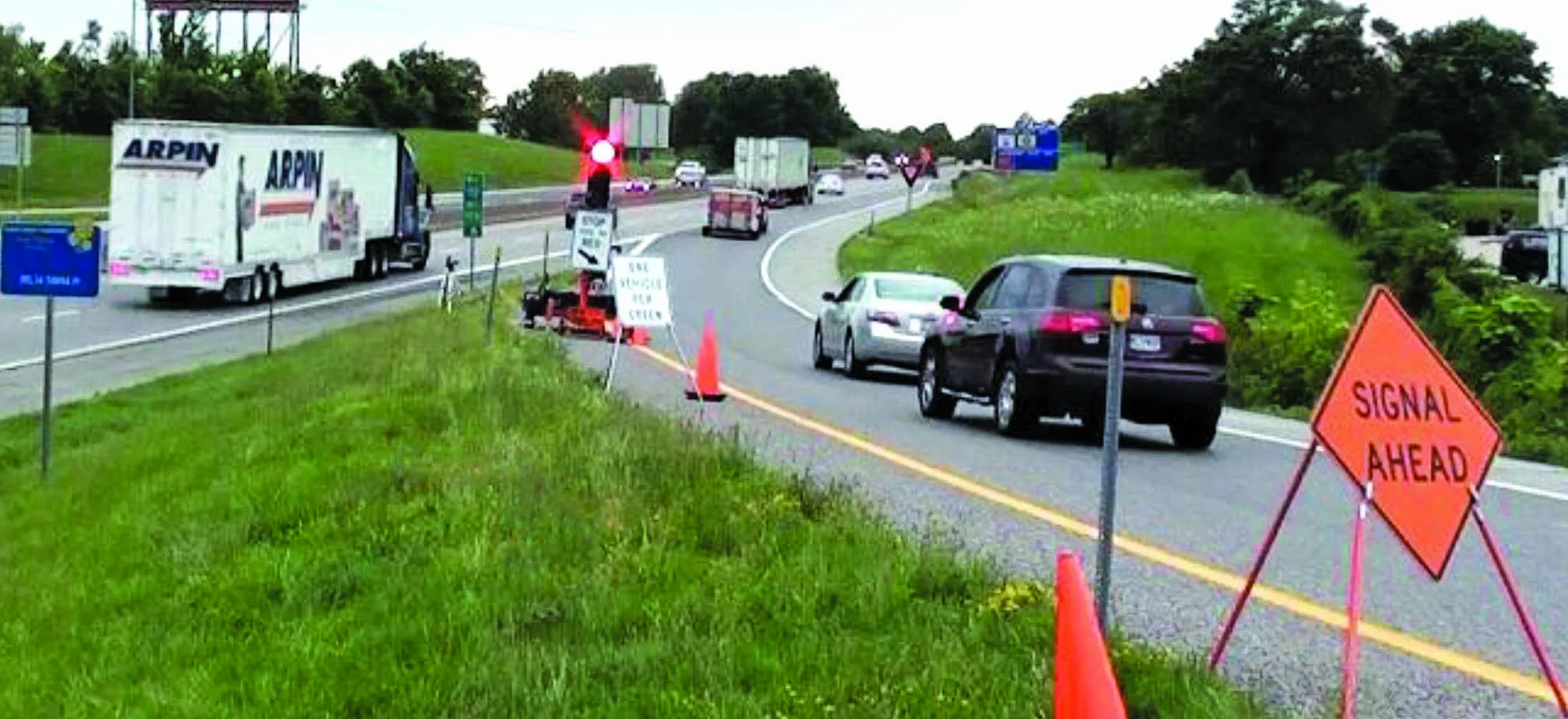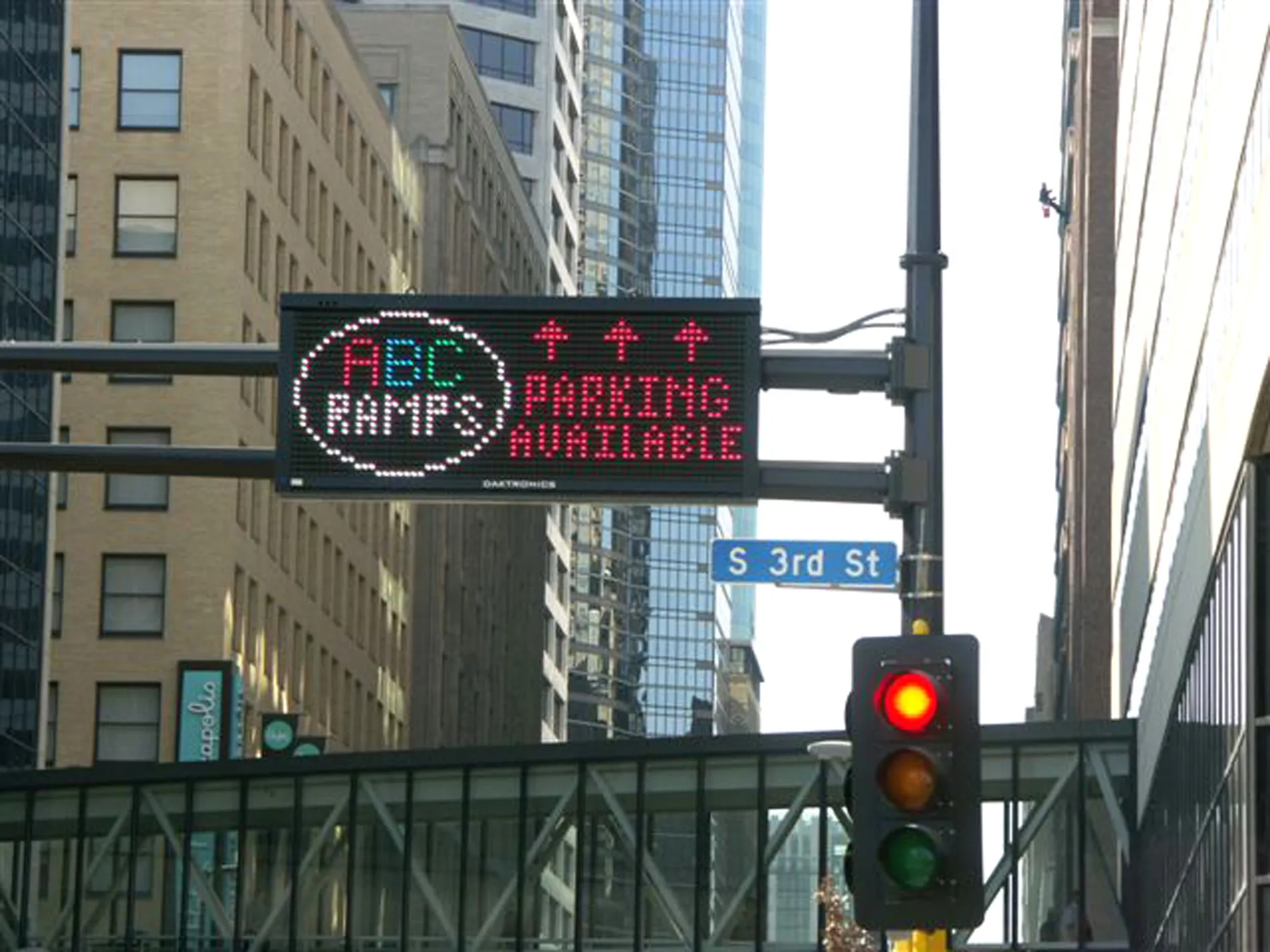Road signs should spell out a clear message
August 7, 2014
Read time: 1 min
Road signs should spell out a clear message








